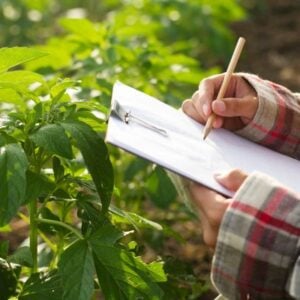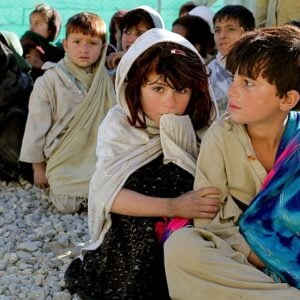The rising cost of agricultural inputs, particularly inorganic fertilizers, has posed a significant challenge for smallholder farmers in Malawi, limiting their productivity and threatening food security. Many farmers, unable to afford these costly inputs, often experience poor harvests that barely meet their household consumption needs, especially in areas affected by land degradation.
To address this challenge, the Food and Agriculture Organization of the United Nations (FAO), with funding from the Government of Flanders, is implementing the Land Use Planning and Sustainable Land and Water Management for Improved Agricultural Productivity project. Through this initiative, FAO is promoting affordable, sustainable practices, including the production of organo-mineral fertilizers such as Mbeya—a homemade organic fertilizer made from locally available materials combined with a small portion of inorganic fertilizer.
Farmers like Maganizo Lukhere from Mzimba district have witnessed remarkable results after adopting Mbeya fertilizer. Previously, his one-acre maize field produced only 10 to 13 fifty-kilogram bags, insufficient for his family of eight. With Mbeya fertilizer, his yields have increased to about 40 bags from the same land, ensuring his household has enough food year-round. Maganizo has also expanded cultivation to wetlands under irrigation, using sustainable practices to further improve productivity, and says hunger is no longer a concern for his family.
Mbeya fertilizer has proven popular among smallholder farmers because it is cost-effective and easy to produce. The formula for one 50kg bag includes maize bran, pig dung, ash, a small quantity of inorganic fertilizer, and water. Notably, one 50kg bag of inorganic fertilizer can produce five 50kg bags of Mbeya, significantly lowering input costs while boosting soil fertility.
In addition to Mbeya fertilizer, farmers are also adopting other low-cost sustainable practices promoted by FAO, such as mulching, zero tillage, planting vetiver grass around maize fields, and constructing swales for water harvesting. These techniques help conserve soil moisture, reduce erosion, and enhance soil health.
According to Harvey Nyirongo, an Agriculture Extension Officer in Mzimba, affordability is a major factor influencing farmers’ adoption of new technologies. With more households embracing Mbeya fertilizer and related practices, the community is experiencing improved food security and greater resilience against hunger.







